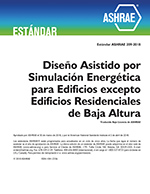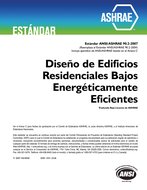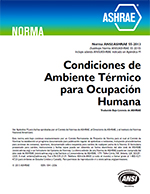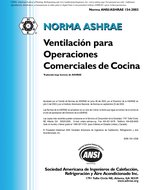Description
The purpose of a ventilation system for indoor spaces is to create a safe environment for the occupants by diluting the concentration levels of hazardous contaminants and to minimize the risk of infection due to spread of airborne pathogens. The effectiveness of ventilation system depends on several inter related factors including the supply airflow rate, number and locations of supply diffusers, and number and locations of return grilles. With the help of Computational Fluid Dynamics (CFD) analyses, this study systematically evaluates the impact of three different HVAC configurations on the airflow patterns, distribution of contaminant, and the risk of infection in a small office space with two cubicles. The HVAC configuration with a single supply and a single return can create adverse airflow patterns which can promote spread of contaminants and increase the risk of infection farther from the source. When an additional supply diffuser is introduced with the same single return, the zone of high risk of infection remained in the vicinity of the source. However, the overall risk of infection in the space remained the same. Addition of another return created aerodynamic containment zones in the space which provided easy path for the contaminated air to leave the space and reduced the overall risk of infection. Since the location of an infected individual is not known a priori, the aerodynamic containment with distributed supply and distributed return can be the best strategy for reducing the probability of infection in indoor spaces. These studies demonstrate that CFD analyses can help in identifying the potential risk of high infection due to poor airflow distribution into a space and can provide valuable insights for developing appropriate mitigation strategies to create safe indoor environment.
Product Details
- Published:
- 2021
- Number of Pages:
- 8
- Units of Measure:
- Dual
- File Size:
- 1 file , 1.7 MB
- Product Code(s):
- D-VC-21A-C028
- Note:
- This product is unavailable in Russia, Belarus




